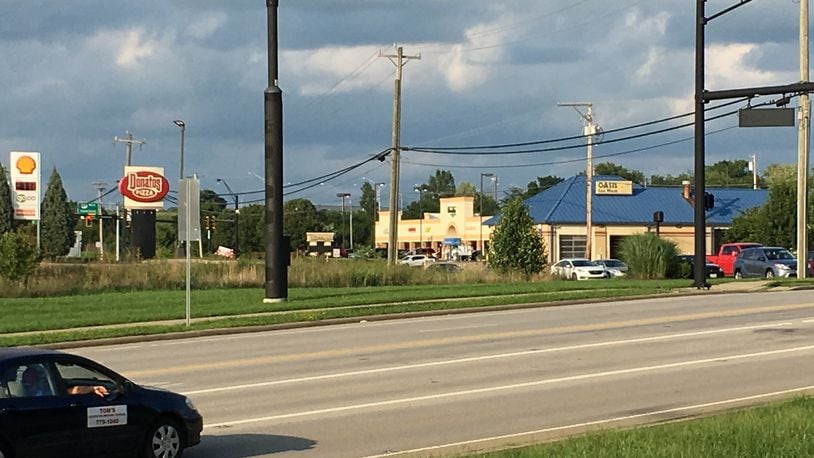Brock said a state law approved Aug. 1 allows for these small cell sites and that the city has received some inquiries.
“The state law is fairly wide open on what they can do and adopting this (ordinance) will allow stricter regulations to be in place when the applications for placement begin to come in,” he said.
Brock said the changes will be going to the Planning Commission and that council will hold a public hearing on them in September.
He said the city will encourage co-location of the small cell sites and that city officials are working with Duke Energy to have a consistent look throughout the city. The small cells would be put on poles to limit any damage should they be struck by a vehicle.
Brock said the emergency ordinance included guidelines for locations and the city can suggest a location within 150 feet of where they propose. It also requires the consent of the city, specifies fee adjustments and provides a more complete definition.
The ordinance will now cell phone providers to get the consent of the city as well as specifies fee adjustments and provides a more complete definition of an operator who submits the installation of the small cell structure.
Councilman Todd Hickman asked why this was coming to council as an emergency ordinance, adding that this legislation was “pretty important” and should have been discussed before the Aug. 14 meeting.
“It seems that we are always behind the eight ball with emergency legislation,” Hickman said.
Brock said city staff was working with legal counsel to make sure the city’s code did not overstep its bounds of state law. He said without the legislation, the utilities could erect them anywhere.
Councilwoman Christina McElfresh said council needs to decide whether to place a measure of control or not, and she said she’d prefer that council did.
About the Author
